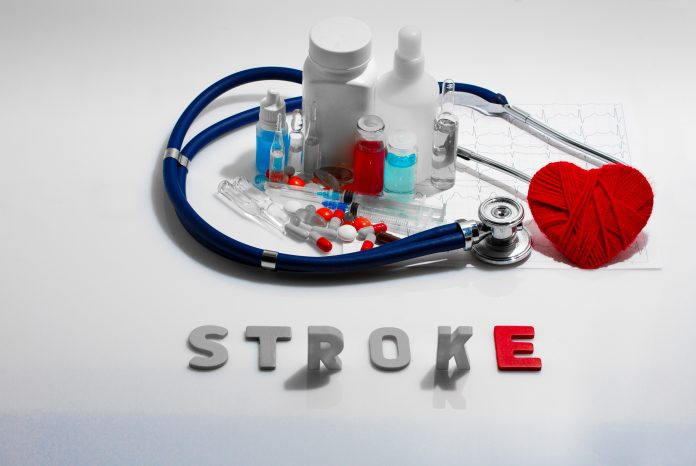Atrial fibrillation is an irregular heartbeat or arrhythmia. It can lead to stroke, heart failure and blood clots. Normally your heart contracts and relaxes to a regular beat. If you have atrial fibrillation, the upper chambers of the heart, called the atria, beat irregularly. This leads to ineffective movement of the blood. If a clot breaks off and enters your blood stream it can lodge in an artery leading to the brain. The result of this is a stroke.
What are the symptoms of atrial fibrillation?
- Fatigue when exercising
- Shortness of breath
- Irregular or rapid heartbeat
- Weakness or faintness
- Sweating
- Dizziness
- Anxiety
- Fluttering in the chest
- Chest pain or pressure. This should be considered a medical emergency.
- Some people have no symptoms at all.
There are five types of atrial fibrillation. Paroxysmal fibrillation occurs when the heart returns to a normal beat on its own within a week. If it lasts for longer than a week, it is considered persistent. Long standing fibrillation will continue for more than a year and if it is permanent, it lasts indefinitely. There is also a type of fibrillation called nonvalvular which is not caused by a problem with the heart valves.
Atrial fibrillation is usually suspected during a routine doctor’s visit. To check, an ECG can be performed. Monitoring can also be done for 24 to 48 hours. This is done by wearing a small device which connects electrodes to your chest.
How can you reduce your risk of stroke caused by atrial fibrillation?
- Eat a diet that is healthy for your heart. Reduce your use of salt, saturated and trans fats and cholesterol.
- Keep your blood pressure at a normal level.
- Stay active. Keep your heart healthy with regular physical activity.
- Avoid alcohol and smoking.
- Maintain a weight that is healthy for your body frame.
Your healthcare provider can help you manage your atrial fibrillation through self care. To read more on atrial fibrillation and strokes, click here.
This article is intended for informational purposes only. If you have any questions or are considering any recommendations, please consult your health practitioner.

























